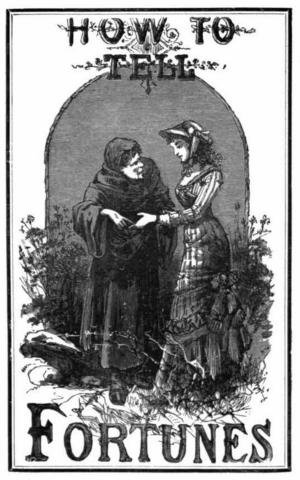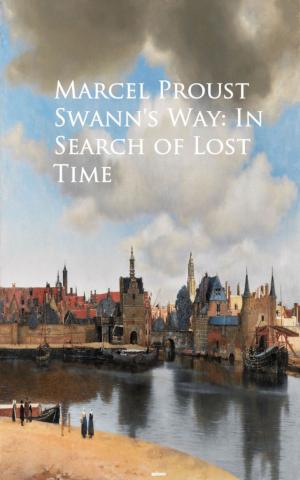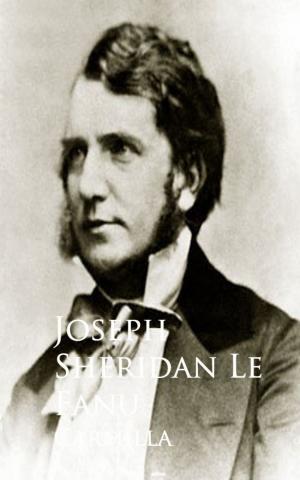| Author: | Baron Edward Bulwer Lytton | ISBN: | 9783736414037 |
| Publisher: | anboco | Publication: | September 7, 2016 |
| Imprint: | Language: | English |
| Author: | Baron Edward Bulwer Lytton |
| ISBN: | 9783736414037 |
| Publisher: | anboco |
| Publication: | September 7, 2016 |
| Imprint: | |
| Language: | English |
Much has been written by critics, especially by those (the native land of criticism), upon the important question, whether to please or to instruct should be the end of Fiction—whether a moral purpose is or is not in harmony with the undidactic spirit perceptible in the higher works of the imagination. And the general result of the discussion has been in favour of those who have contended that Moral Design, rigidly so called, should be excluded from the aims of the Poet; that his Art should regard only the Beautiful, and be contented with the indirect moral tendencies, which can never fail the creation of the Beautiful. Certainly, in fiction, to interest, to please, and sportively to elevate —to take man from the low passions, and the miserable troubles of life, into a higher region, to beguile weary and selfish pain, to excite a genuine sorrow at vicissitudes not his own, to raise the passions into sympathy with heroic struggles—and to admit the soul into that serener atmosphere from which it rarely returns to ordinary existence, without some memory or association which ought to enlarge the domain of thought and exalt the motives of action;—such, without other moral result or object, may satisfy the Poet,* and constitute the highest and most universal morality he can effect. But subordinate to this, which is not the duty, but the necessity, of all Fiction that outlasts the hour, the writer of imagination may well permit to himself other purposes and objects, taking care that they be not too sharply defined, and too obviously meant to contract the Poet into the Lecturer—the Fiction into the Homily. The delight in Shylock is not less vivid for the Humanity it latently but profoundly inculcates; the healthful merriment of the Tartufe is not less enjoyed for the exposure of the Hypocrisy it denounces.
Much has been written by critics, especially by those (the native land of criticism), upon the important question, whether to please or to instruct should be the end of Fiction—whether a moral purpose is or is not in harmony with the undidactic spirit perceptible in the higher works of the imagination. And the general result of the discussion has been in favour of those who have contended that Moral Design, rigidly so called, should be excluded from the aims of the Poet; that his Art should regard only the Beautiful, and be contented with the indirect moral tendencies, which can never fail the creation of the Beautiful. Certainly, in fiction, to interest, to please, and sportively to elevate —to take man from the low passions, and the miserable troubles of life, into a higher region, to beguile weary and selfish pain, to excite a genuine sorrow at vicissitudes not his own, to raise the passions into sympathy with heroic struggles—and to admit the soul into that serener atmosphere from which it rarely returns to ordinary existence, without some memory or association which ought to enlarge the domain of thought and exalt the motives of action;—such, without other moral result or object, may satisfy the Poet,* and constitute the highest and most universal morality he can effect. But subordinate to this, which is not the duty, but the necessity, of all Fiction that outlasts the hour, the writer of imagination may well permit to himself other purposes and objects, taking care that they be not too sharply defined, and too obviously meant to contract the Poet into the Lecturer—the Fiction into the Homily. The delight in Shylock is not less vivid for the Humanity it latently but profoundly inculcates; the healthful merriment of the Tartufe is not less enjoyed for the exposure of the Hypocrisy it denounces.















